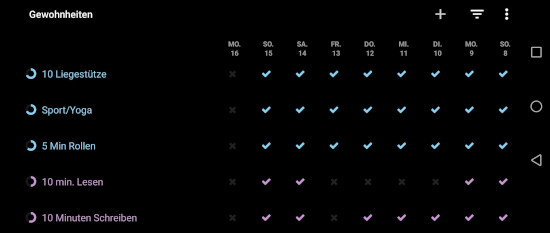How to achieve big effects and goals with small changes.
Insights into the book "Atomic Habits - Tiny Changes, Remarkable Results. An Easy and Proven Way to Build Good Habits and Break Bad Ones" by James Clear.
If you don't fancy reading in English, the book will also be available in German from 21.4. German - view at Amazon.
Contents
Not really a big deal with habits like that. You just have them, don't you? You don't normally think too much about your habits,
However, James Clear makes it clear why you should do exactly that. The reason in one sentence: small changes have a big impact in the long term ("the 1% rule"). Just as this statement is nothing new, James Clear's book does not contain any ground-breaking new knowledge. But that's exactly what makes the book so worth reading in my opinion, it makes us aware of the unconscious again. The author brings together a great deal of knowledge about habits, their development (psychological process) and consolidation in a clear way. He builds on this theory and gives numerous and well-structured tips on how to become aware of habits and how to train positive habits and unlearn negative ones. I was fascinated by three things in the book:
Highlights
- Somehow you already know what James Clear writes, you just don't have it in your active knowledge. Accordingly, his content has a high degree of practical plausibility and you quickly find yourself in it.
- It is actually quite easy to encourage or avoid habits if you go about it the right way. To do this, it helps to understand the subconscious psychological processes and then use Clears tips to influence them in a targeted way. You should start by becoming aware of your own habits and analyzing them. Then it comes down to the required mindset - "who do I want to be". Only then is it about goals and only then about the design of the processes (habits), for example: the optimization of the environment, the importance of the frequency of execution or the linking of positive habits (stacking). But more on this in the book 😉
- Clear even has tips on how to train positive habits that are geared towards long-term goals. To put it simply, if you want to get into the habit of doing something new, your brain always needs a reward straight away. Unfortunately, you don't always get this straight away, especially with long-term goals. If I want to become a professor and have to publish a lot, my brain doesn't get a reward when I read or write something. If I want to be a sporty, slim person (mindset) and therefore want to exercise three times a week, but am out of shape, my brain doesn't get a reward when I start exercising. But to get a "reward" every time and to always keep the long-term goal in mind, my favorite tip from the book: use a habit tracker.
More on this, including how to break negative habits, in the book.
In practice
After I wanted to try it out for myself, of course, I looked at the various apps. Data economy is important to me, Aunt Google doesn't need to know everything about me and the app only uses very few and necessary authorizations on the smartphone. I also don't want the data to be automatically synchronized anywhere. And I like open source because lots of people can look at the code and discover data leaks ("phone home") or malicious code. That's why I ended up with Loop - Habit Tracker. The source code is available on Github: https://github.com/iSoron/uhabitsThe compiled app is of course available in the PlayStore. Unfortunately, the app is only available for Android. For apple fans, the app seems to be Streaks be quite good (not tested by myself, read in forums / reviews).

And here are a few more screenshots of mine. The app also has a dark mode, which I generally prefer as I find it easier on the eyes; that's why this page is also in dark mode 😉




Overall rating: 5 out of 5 stars. Yes, quite a lot for the first review, but of course I also wanted to start with a book that I really like 😉
By the way, if you want to find out more about the habits, values and attitudes of Generation Z, you'll find everything you need to know on the topic of Generation Z found.


